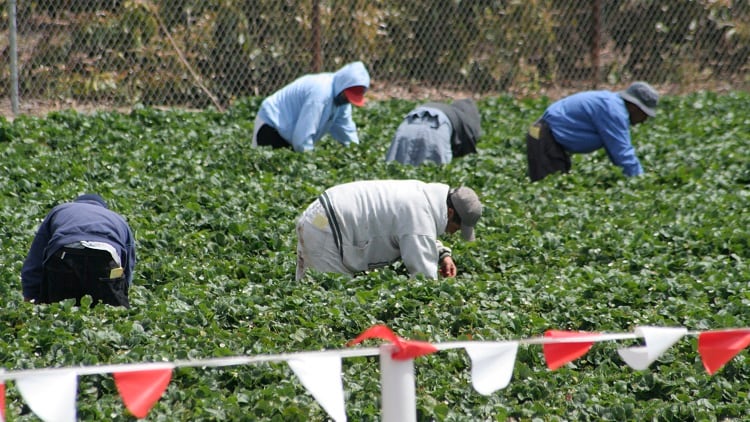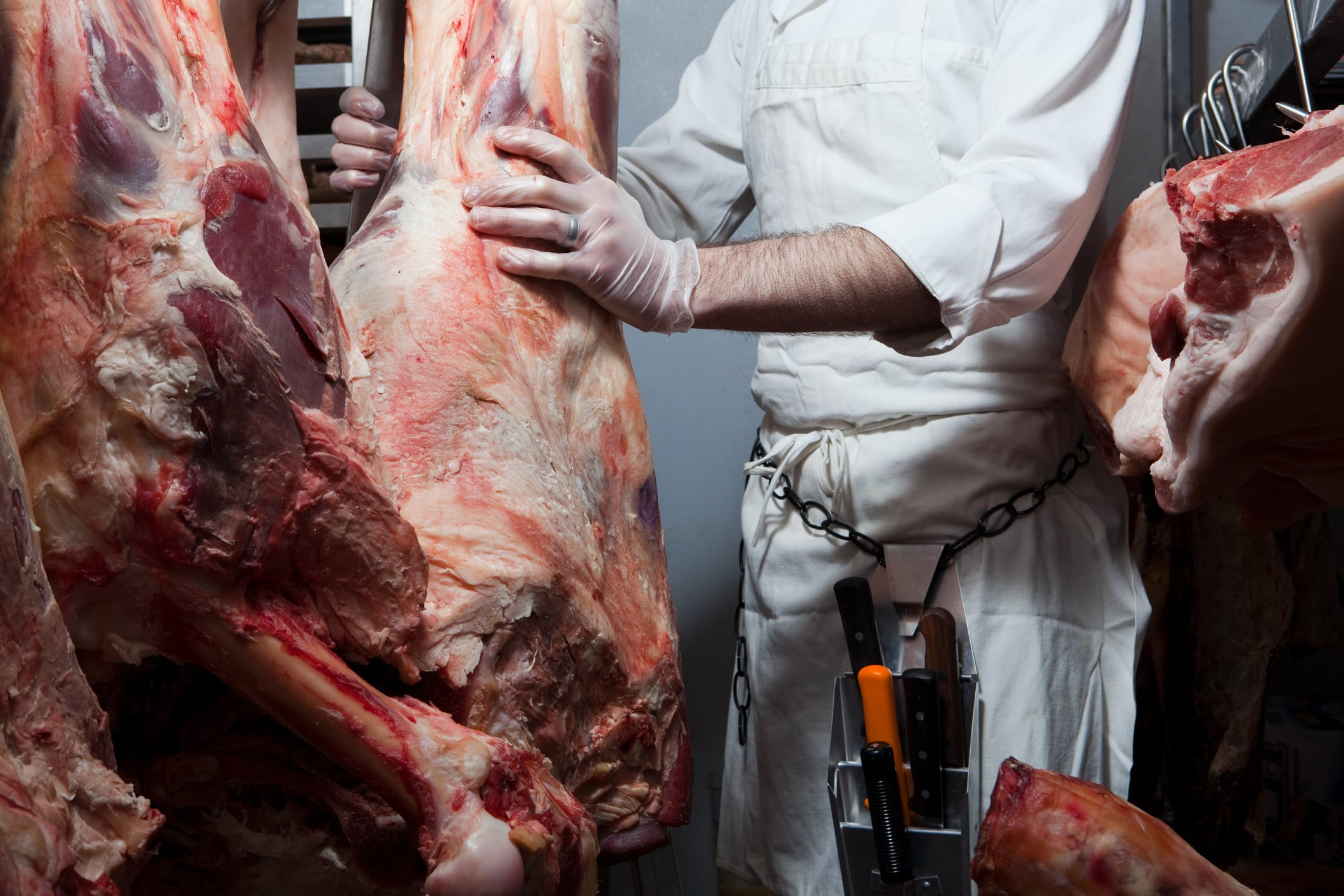Of the 665 cases of alleged abuses tracked by the BHRRC, 32% (210 cases) were in the agri-food sector. The majority of those impacted worked in agriculture and fishing (77% or 162 cases), followed by processing and packaging workers (19% or 40 cases) and distribution and retail (8% or 16 cases).
The UK accounted for 11% of cases and ranked in the top three destination countries in which migrant workers experienced abuse – particularly those on temporary labour migration schemes, such as the Seasonal Worker Visa. The US was first (27% of cases), with Canda in third (8% of cases).
Companies in the UK
Companies headquartered in the UK were linked to 23 cases of migrant worker abuse, placing them second to US businesses (77 times) and followed by Indonesia (12 times). Business in the UK included farms, processing plants and retailers.
Isobel Archer, senior researcher in labour & migrant worker rights at the BHRRC, accused the agri-food industry for continuing to profit from exploitative working conditions, with migrant workers enduring wage theft, dangerous workplaces and intimidation when they attempt to assert their rights.
“From fruit farms in the USA, to slaughterhouses in Poland and supermarkets in Saudi Arabia, the findings reveal systemic failures in worker protections,” she added. “Reports document forced labour, hazardous conditions, withheld wages, and restricted access to justice, leaving thousands of workers trapped in exploitative conditions.
‘Unable to speak up’
“Multinational companies fail to ensure their supply chains are free from abuse while intimidation and threats in the workplace mean those who speak up go without compensation and redress.
“Governments and businesses must take urgent action by strengthening labour protections, pushing for mandatory human rights due diligence regimes, ensuring transparent supply chains, and guaranteeing access to remedy for affected workers. The reported cases we have tracked are likely only the tip of the iceberg.”
The BHRRC called for agri-food firms and their shareholders to adopt stronger migrant worker-specific human rights due diligence. Companies that fail to address these risks may face legal, reputational, and financial consequences as regulators and investors increasingly demand ethical supply chain practices.
Meanwhile, last month saw a group of migrant workers hold a protest outside the Home Office to demand an end to exploitation of overseas workers on UK farms.
Most common forms of abuse in agri-food supply chains
- 31 migrant worker deaths recorded across agri-food supply chains
- Occupational health and safety violations (40% of cases)
- Wage theft (35% of cases)
- Precarious or unsuitable living conditions (30% of cases)
- Intimidation and threats (30% of cases)
- Barriers accessing non-judicial remedy (25% of cases)
- Recruitment fees (25% of cases)
- Excessive working hours and lack of rest time (24% of cases)
- Restricted access to information (20% of cases)
- Injuries (16% of cases)




